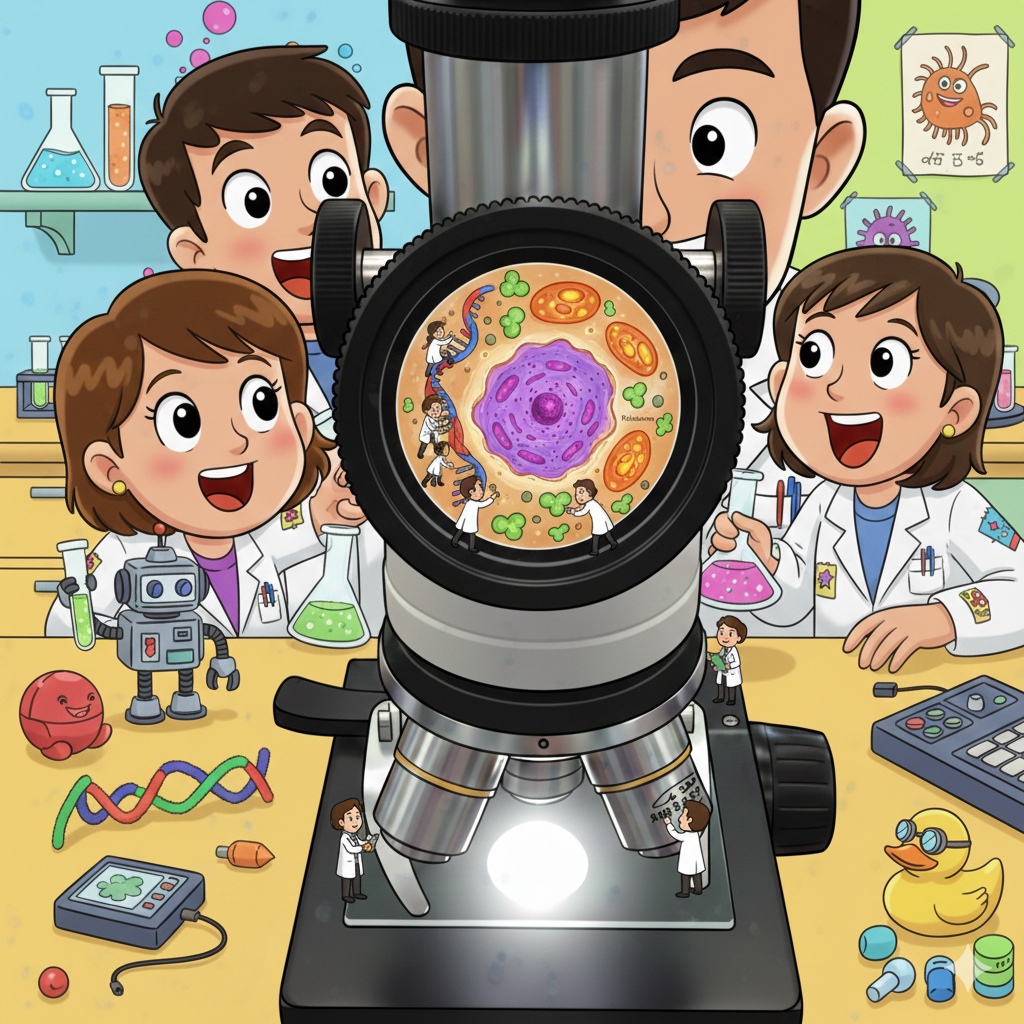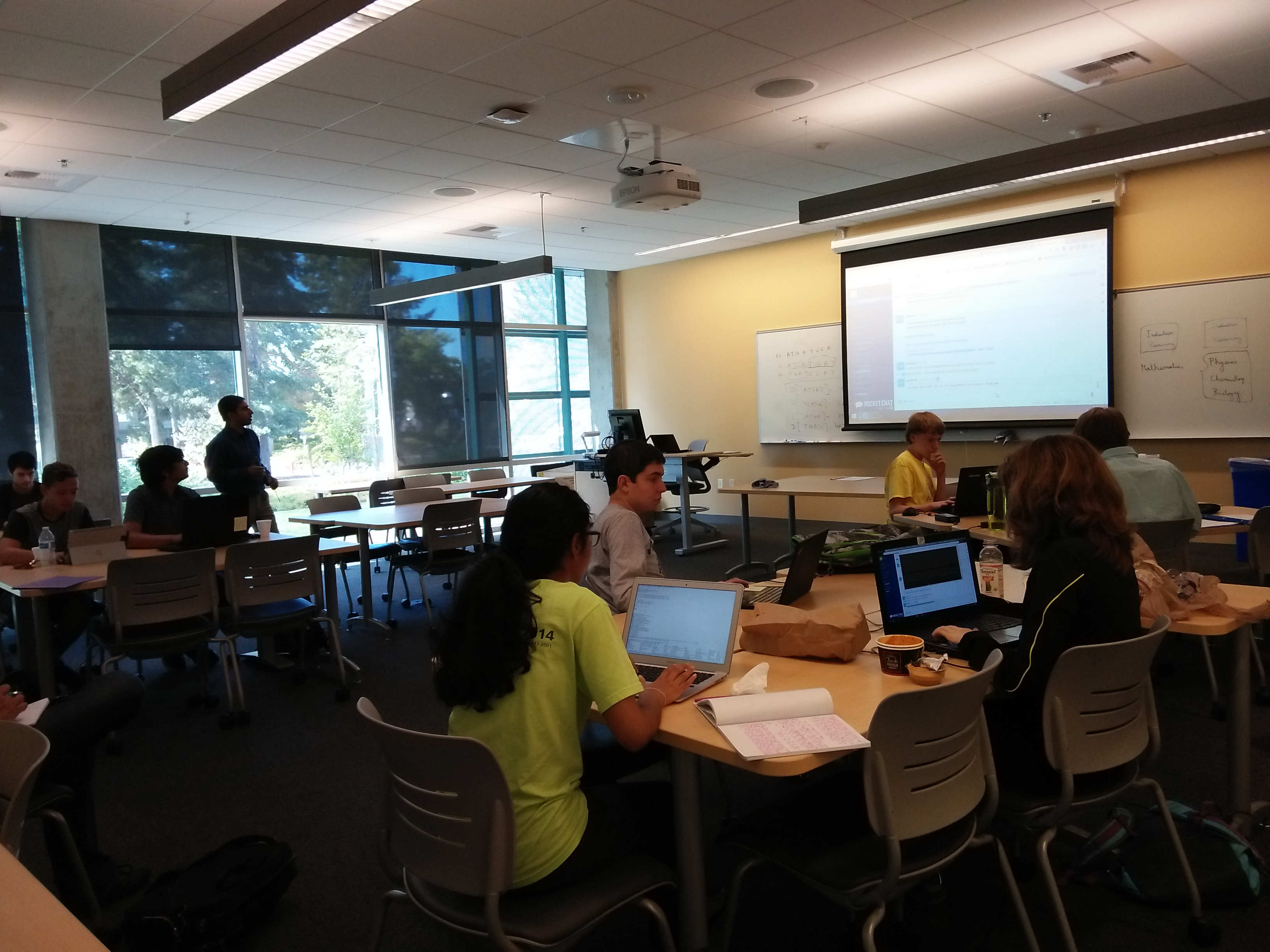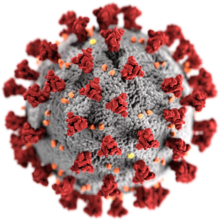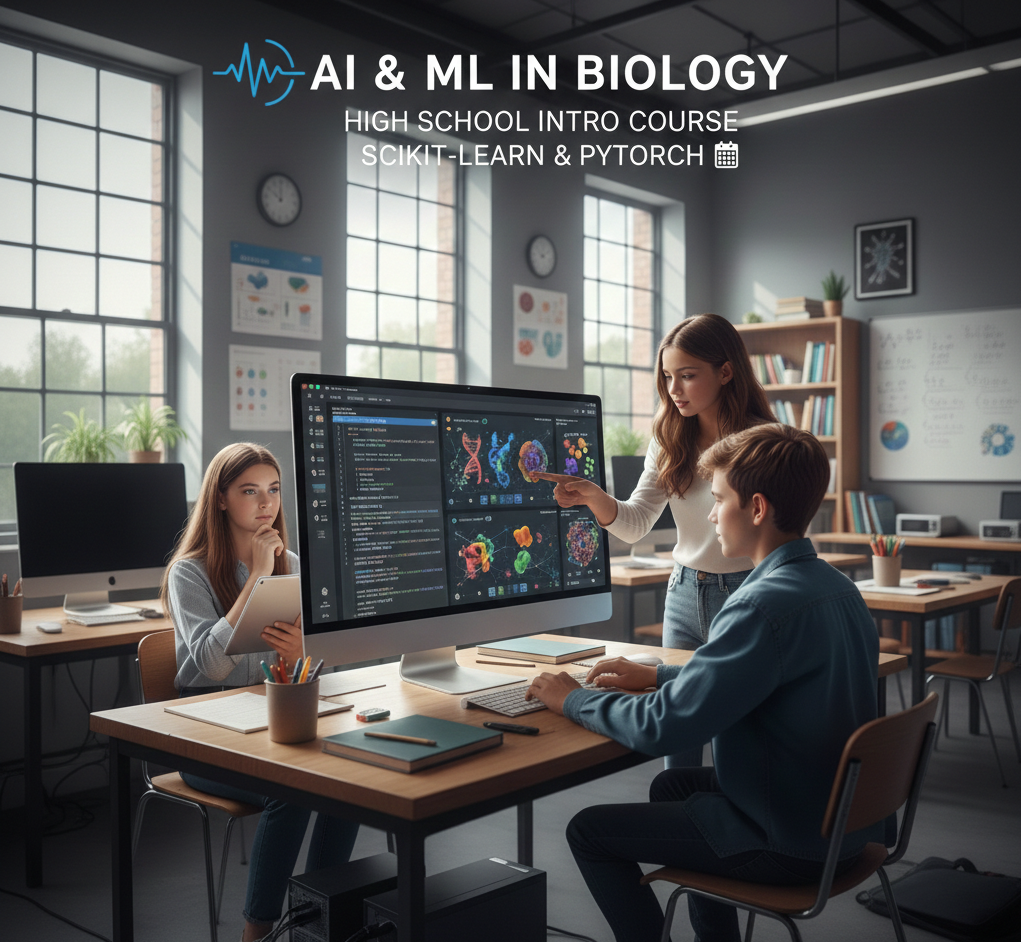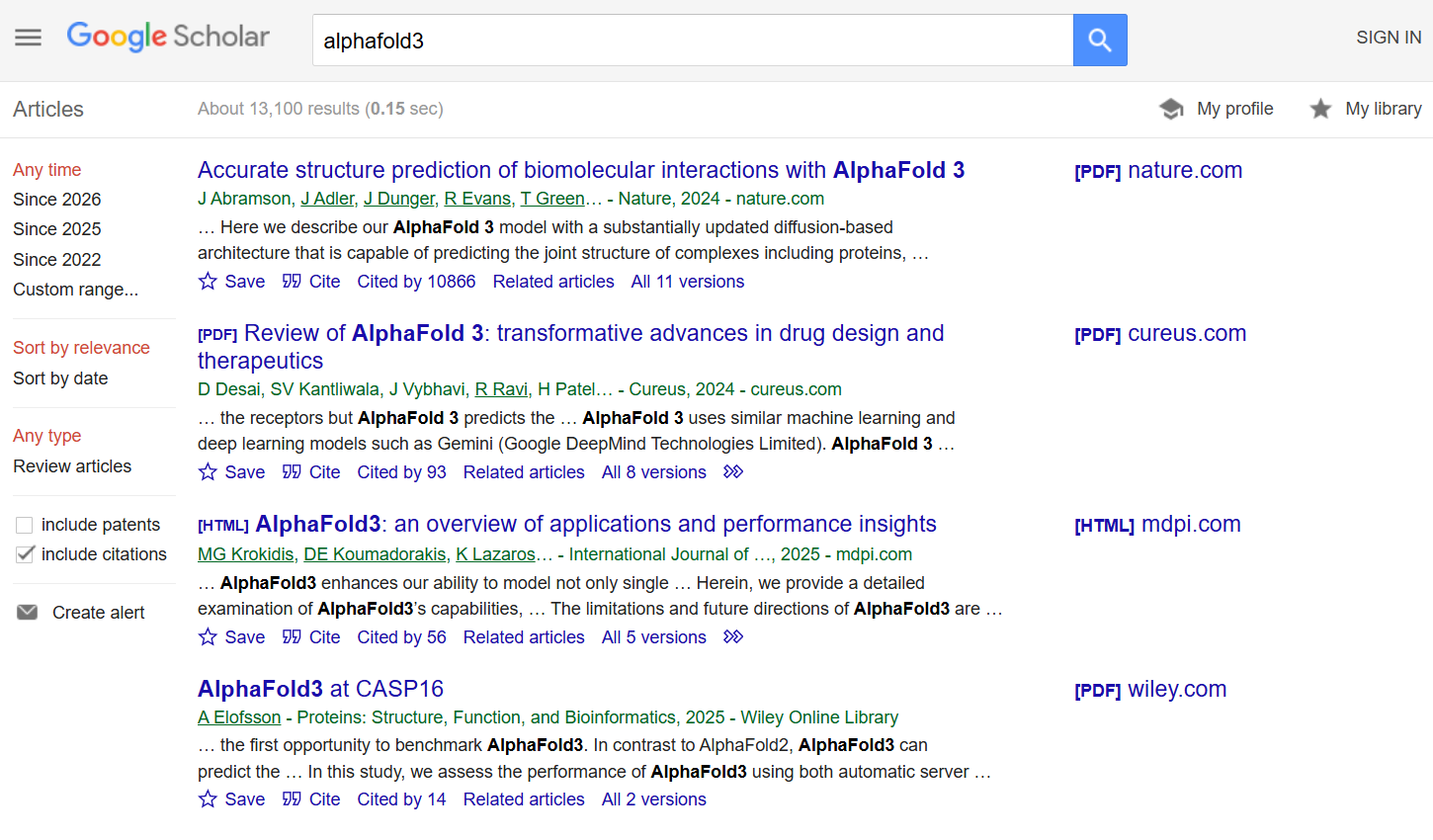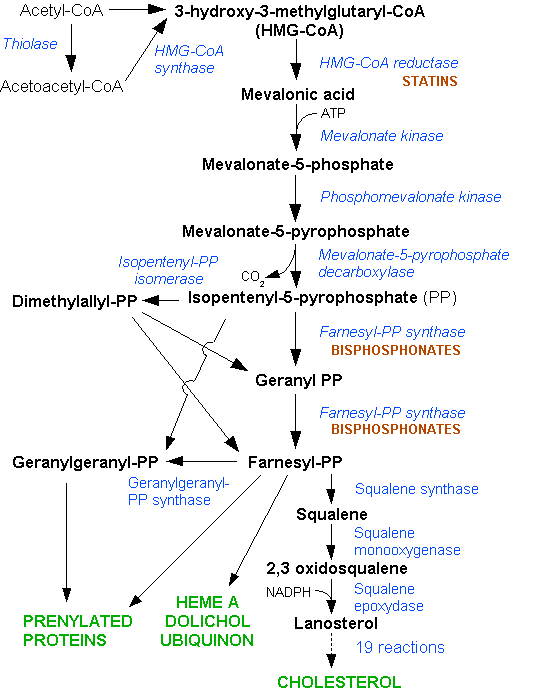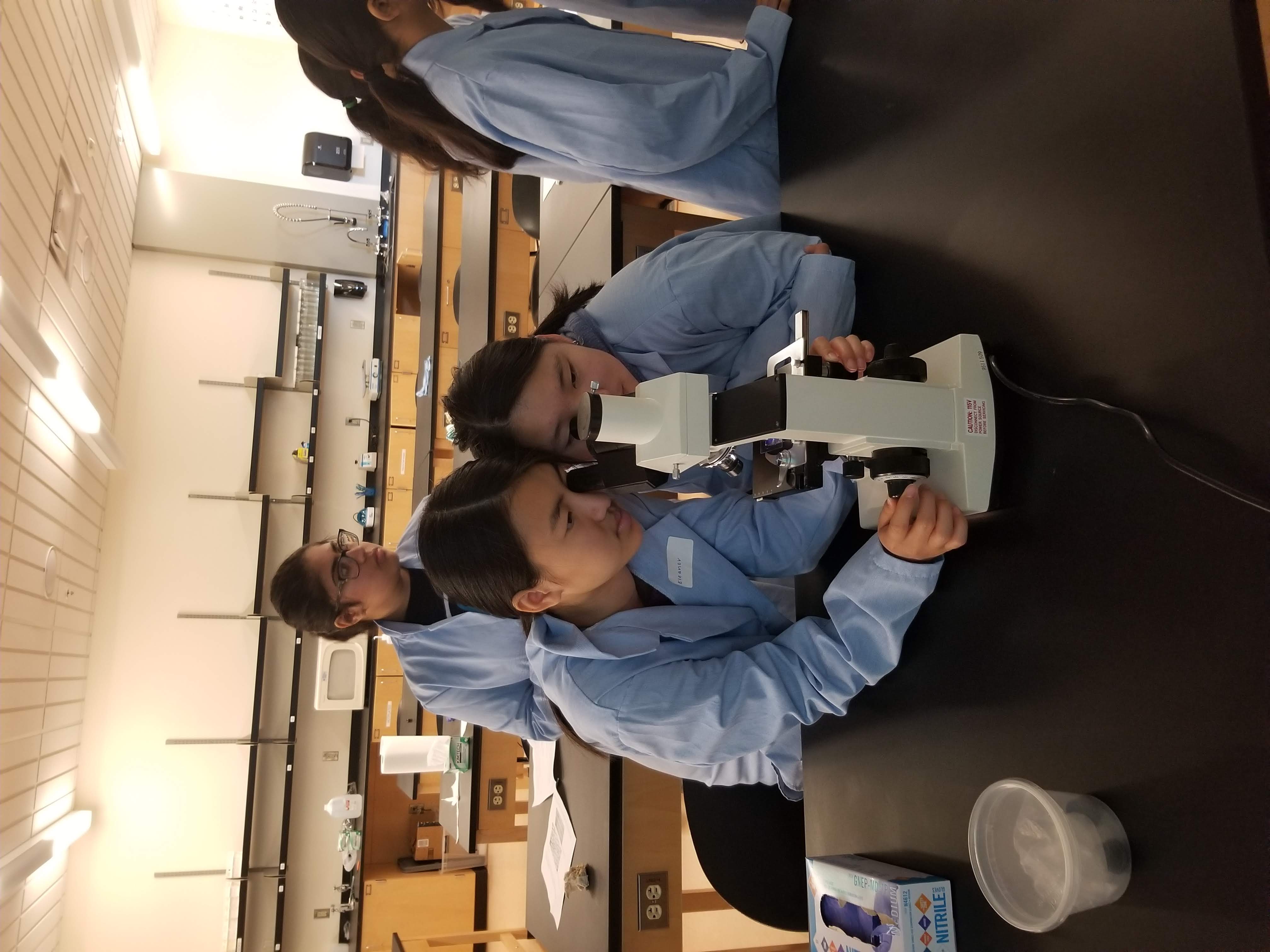Coding for Medicine in 12th Year
Coding for Medicine is an innovative organization dedicated to teaching coding skills to young people through real-world challenges in biology and medicine, introducing them to the exciting field of computational biology. As the first organization in the country to launch a dedicated high-school program in computational biology, we offer immersive summer camps, online classes, and hands-on lab experiences that build practical programming skills while exploring cutting-edge science.
Accomplishments of Our Students
Over the years, our students have turned curiosity into discovery and ideas into achievement. Our students from 2017 high-school summer camp successfully raised funds through crowdfunding to uncover the genetic secrets of salmonberry. Our high-school students have completed original research projects, authored scientific articles, and earned top awards at the science fairs. Many have launched Coding for Medicine clubs at their schools, inspiring peers and building vibrant communities around computational biology. A number of graduates of our high-school research groups joined MIT, and many others joined top universities. As undergraduates, our students continue to pursue their interests in computational biology. One student from our early cohorts started his PhD in computational biology at UCLA, proof that early exposure can spark lifelong scientific journeys.
Our 2026 Plan
Currently the members of Coding for Medicine clubs and others are participating in the Coding Gene.us competition. We announced this competition in Fall 2025.
This summer, we are offering live online modules via Zoom and chat-based sessions and in-person modules at the Bellevue College. We are making a small change in the online modules. The introductory course is now split into Introductory (for students with no coding background) and Intermediate (for those with prior experience), while the former Intermediate module is now Advanced.
Due to strong demand, our AI/ML module is returning this year. We are also introducing a new Pre-Research module for students interested in science-fair–style projects, where participants can plan their ideas and prepare a project proposal for fall submission.
Both lab courses, Microbial Mysteries and Chemistry with Enzymes, will be offered again. Also, we are offering a lab module for middle-schoolers during the mid-winter break (Feb 17-20).
Join the Genomics Revolution
The dramatic drop in DNA sequencing costs is transforming biology and medicine, and the future belongs to those who can code. From tracking viruses like SARS-CoV-2 to discovering new treatments, genomics now powers everything. Coding for Medicine puts you at the center of this revolution, where computer science meets healthcare. Our hands-on courses teach you computational thinking, bioinformatics, and real research skills, and prepare you to explore life’s biggest mysteries and shape the next generation of medical innovation.
